ABOUT THE PRODUCTION
Contrary to what we might imagine, the interrogation isn’t carried out by some hairy-faced fundamentalist, but by a student who had been given the dorm key, simply because she’s a bit older. She isn’t interrogating the others out of any extremist religious or political conviction, but simply because she’s managed to keep her copybook clean up till then and doesn’t want any trouble. If people only had to justify themselves to suspicious inspectors in countries like Iran, we could sleep safe in the knowledge that the methods and laws of ‘countries like that’ have to be changed, but that ‘we’ are irreproachable. It’s the discourse of all the right-wing parties these days. But in reality, the authorities all over the world who don’t question their legitimacy like to sit in front of you and ask you to prove you’re not lying.
THE AUTHORS:
AMIR REZA KOOHESTANI was born in June 8th, 1978 in Shiraz, Iran. He was 16 when he began to publish short stories in local newspapers. Attracted to cinema, he took courses in directing and cinematography in 1995 and created two unfinished films. After a brief experience as a performer, he devoted his time to writing plays, many of them successfully welcomed in Europe. In 2013, Festival Actoral in Marseille (France) commissioned Koohestani to write and stage a new play, Timeloss (based on his previous play Dance on Glasses), successfully staged across Europe, New York and Los Angeles. From October 2014 to March 2015, Amir Reza Koohestani was on a residency at the Akademie Schloss Solitude, in Stuttgart, where he wrote his last play Hearing, premiered at the City Hall of Tehran on the 15th July 2015 and now on tour in Europe. He has been also commissioned to write and direct a play for the Theater Oberhausen, in Germany, premiered on the 30th October 2015. In September 2016, he premiered his adaptation of the French novel by Kamel Daoud - The Meursault Investigation, at the Münchner Kammerspiele. In April 2017, he directed an opera - Tannhaüser - at the Staatstheater Darmstadt in Germany. His upcoming projects are an adaptation of The Cherry Orchard in Freiburg (October 2017) and another adaptation of the play L’attentat by Yasmina Khadra, at the Münchner Kammerspiele.
FROM THE REVIEWS:
Jean Chollet, WebThéâtre
Fabienne Darge, Le Monde
Frank Durr, Thierry Meyer, Théâtre du Blogue
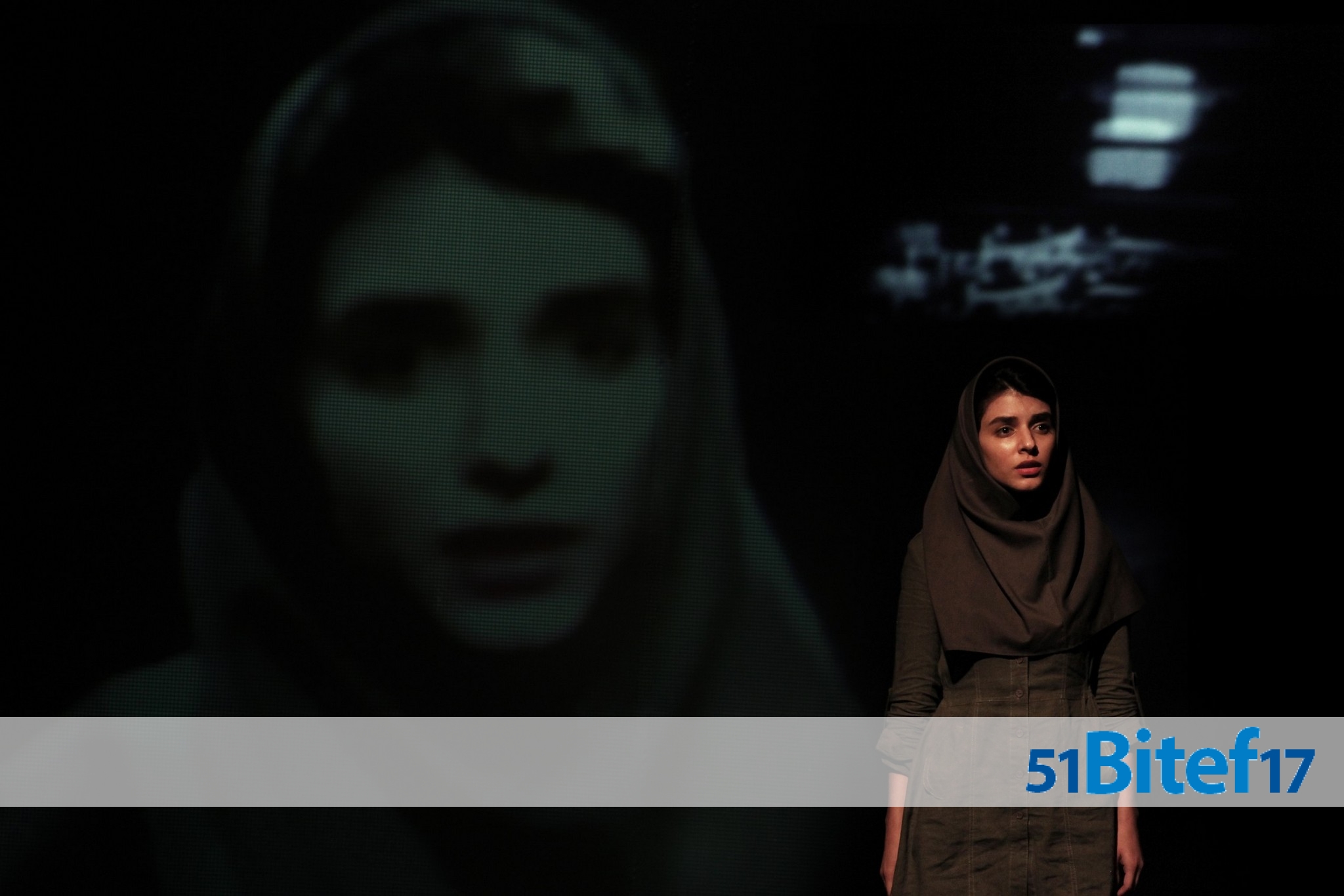

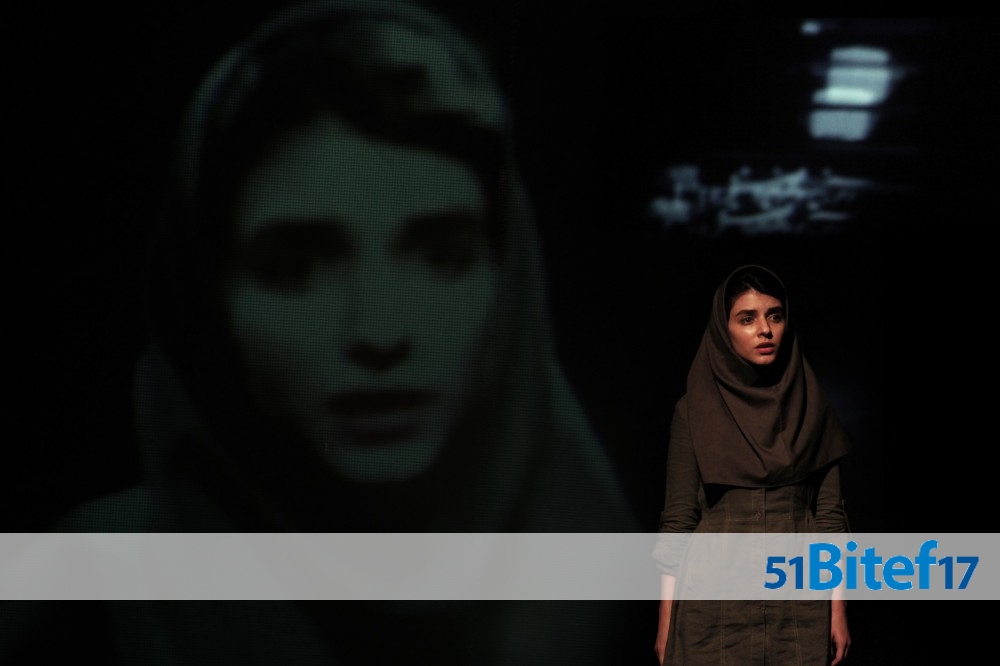
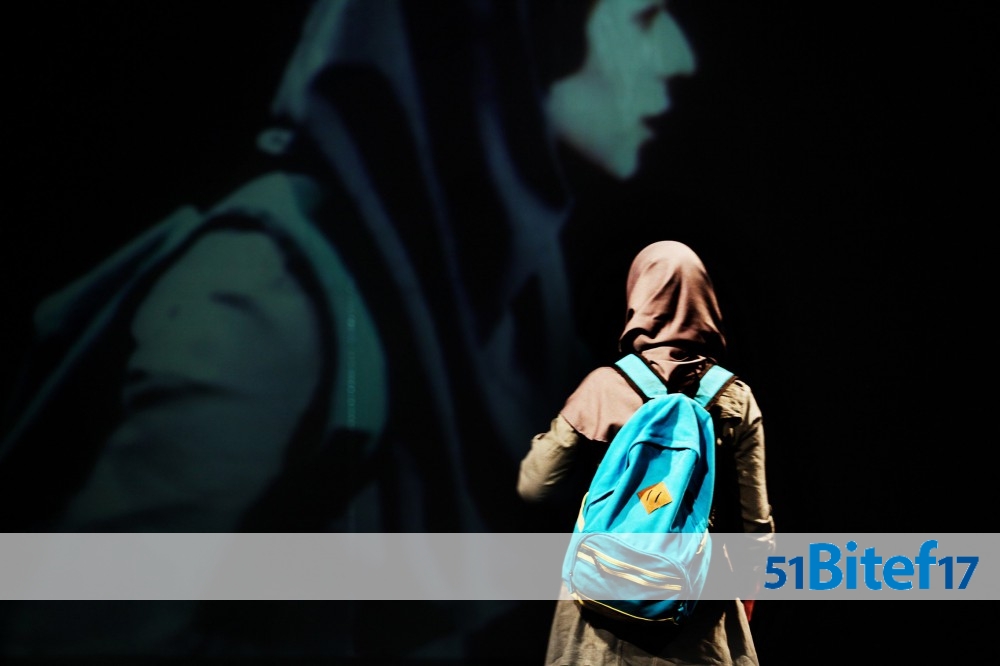
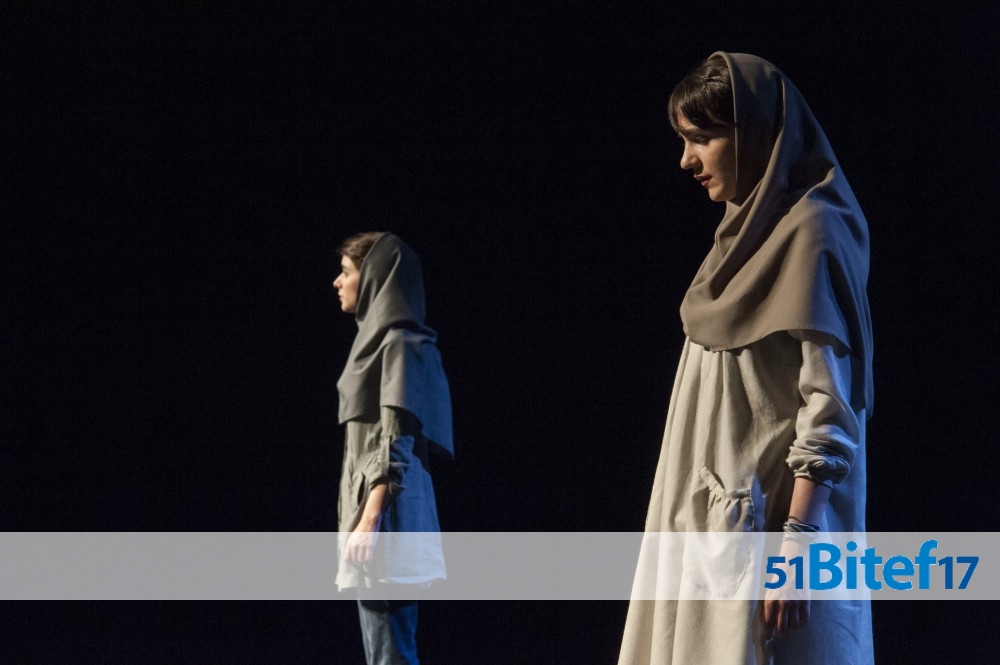
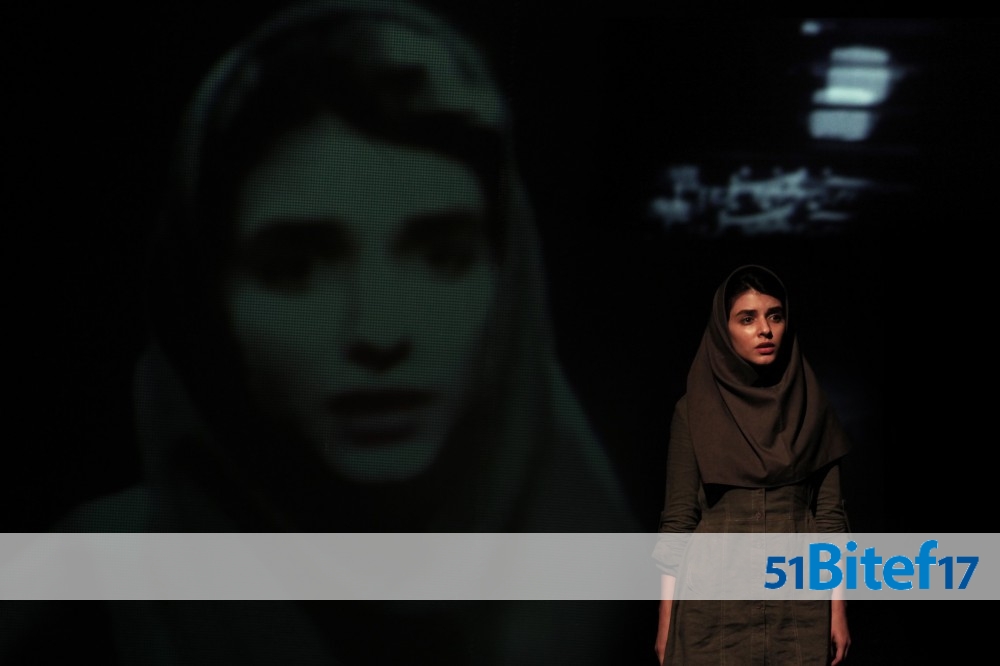
Оцените - total votes 0